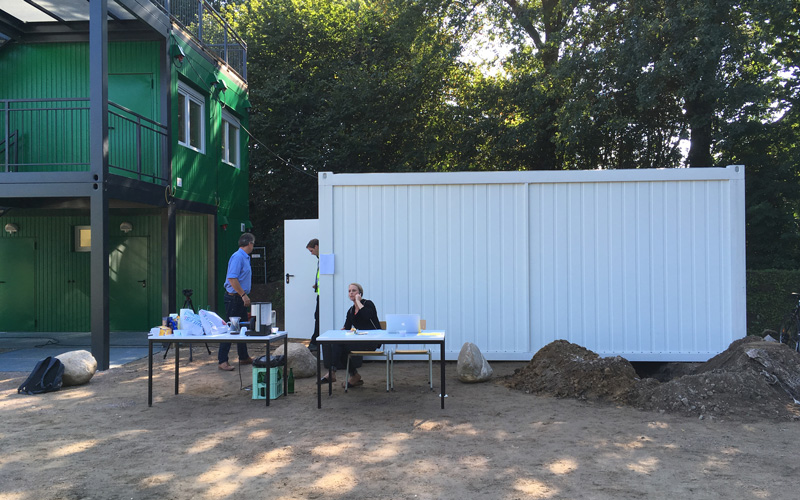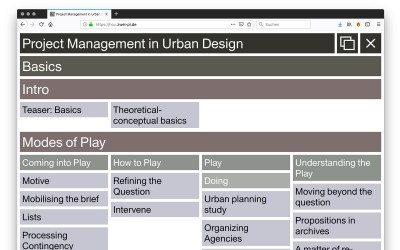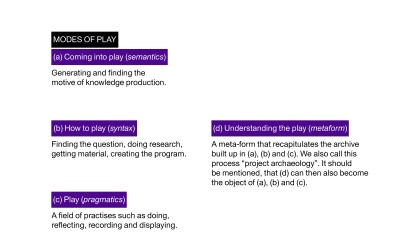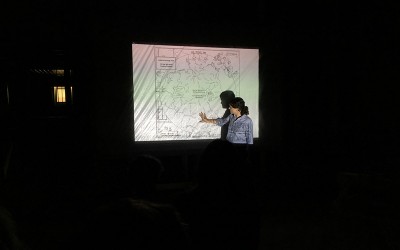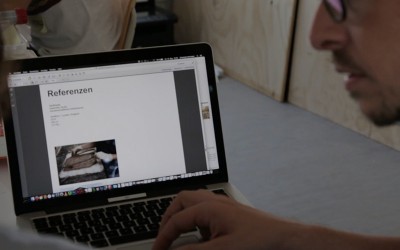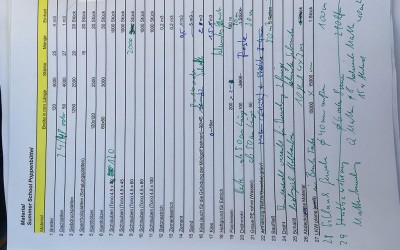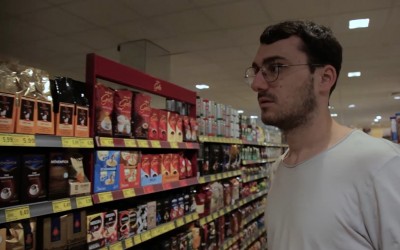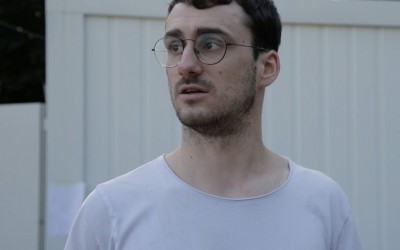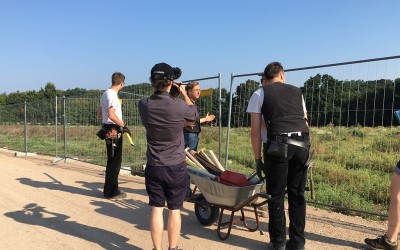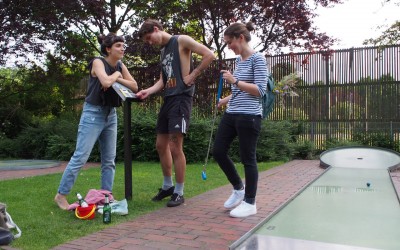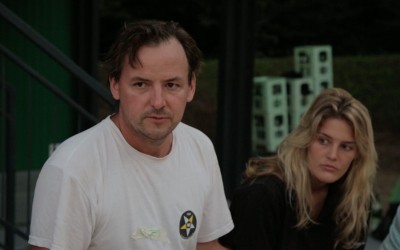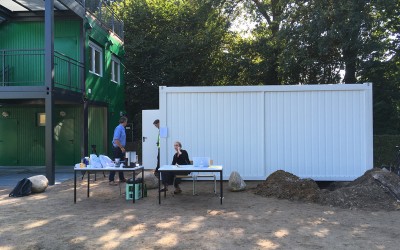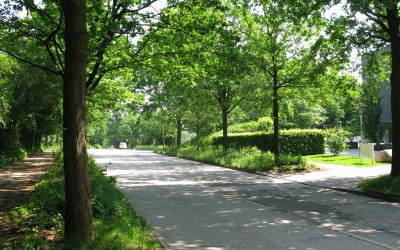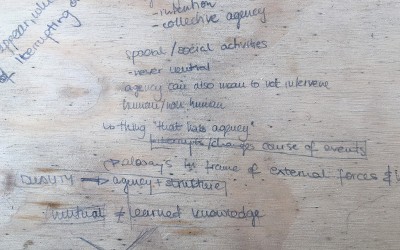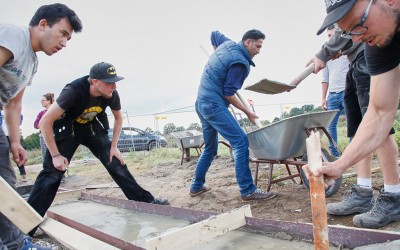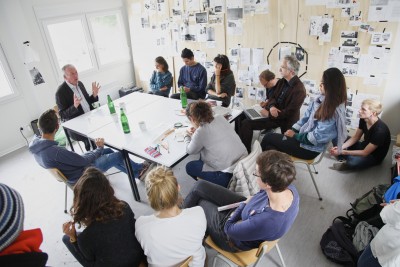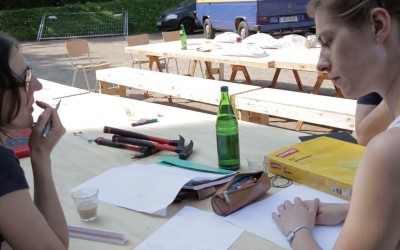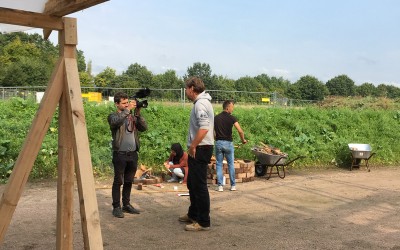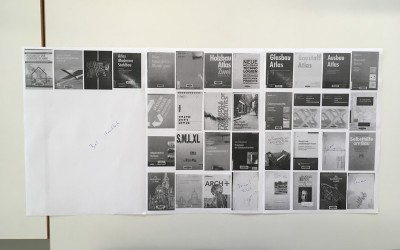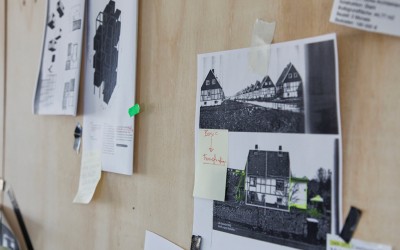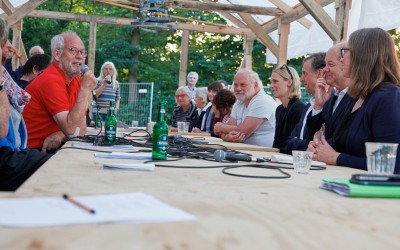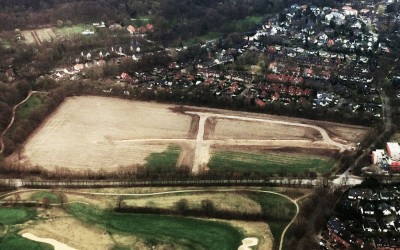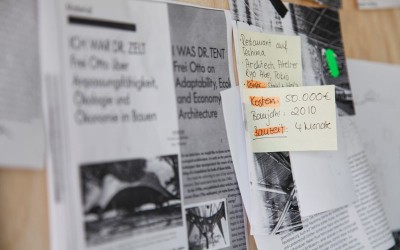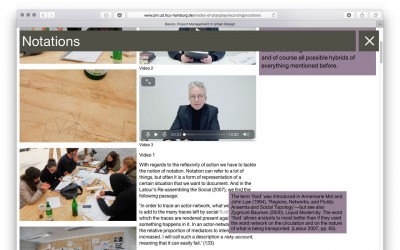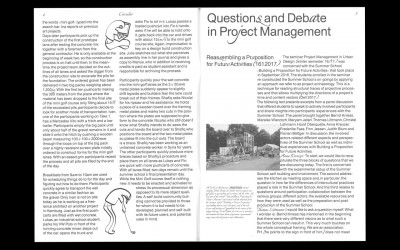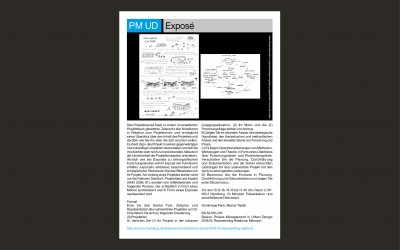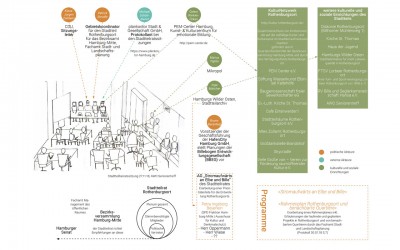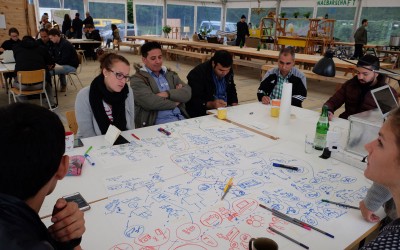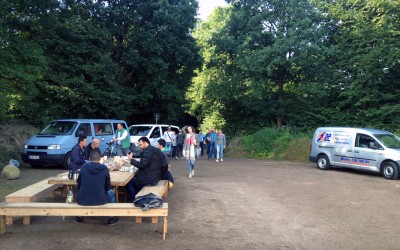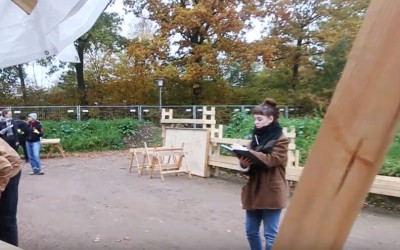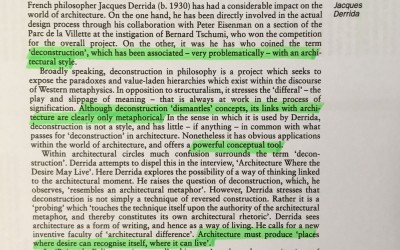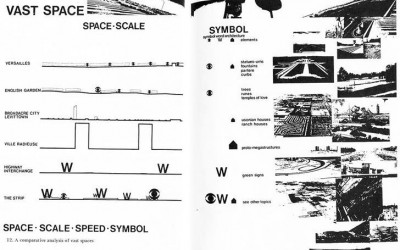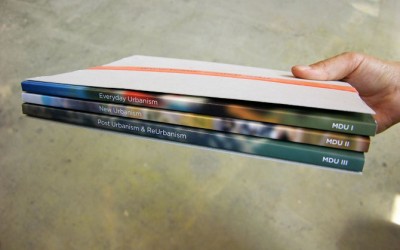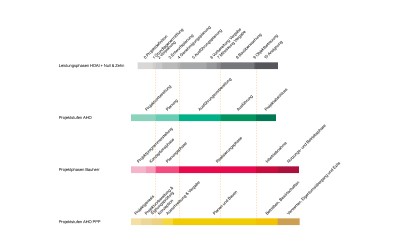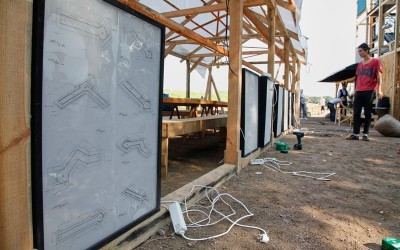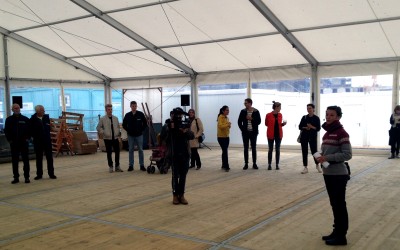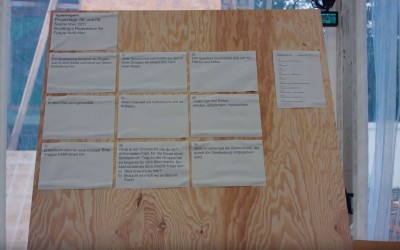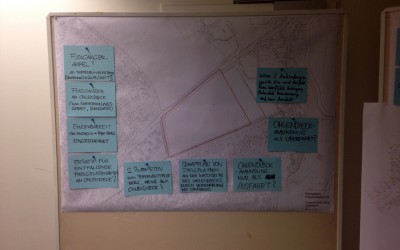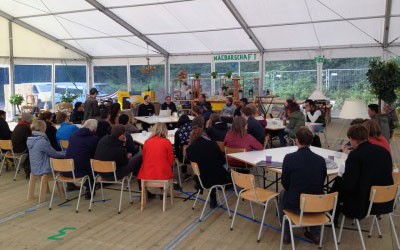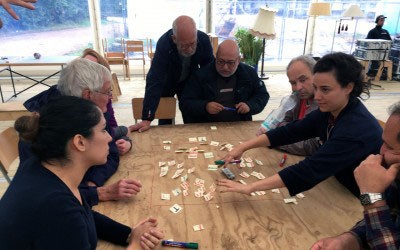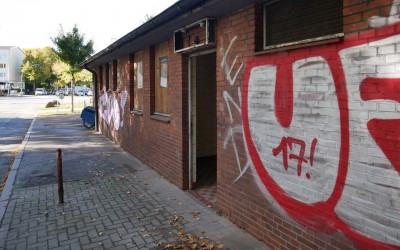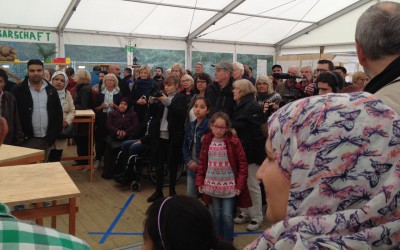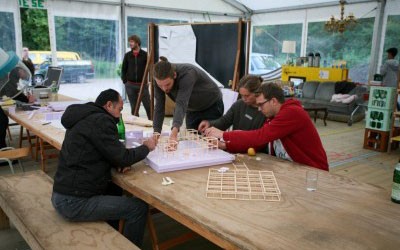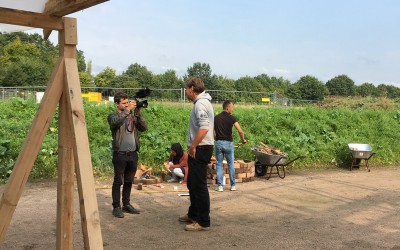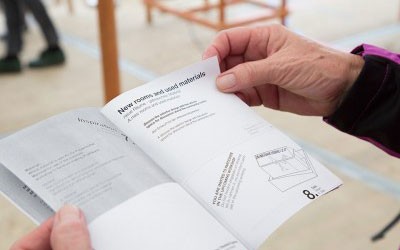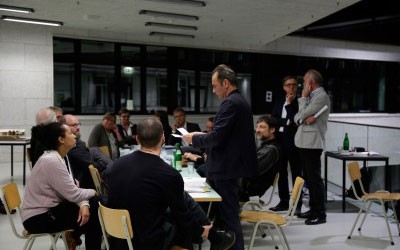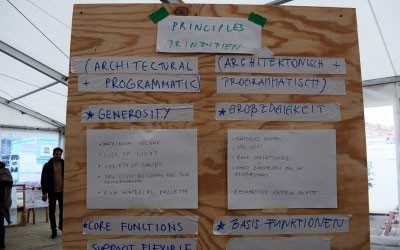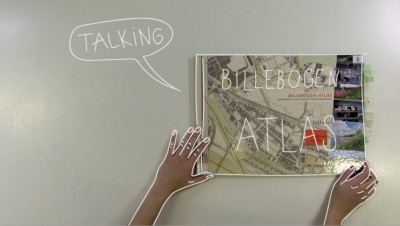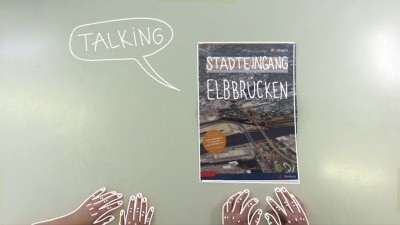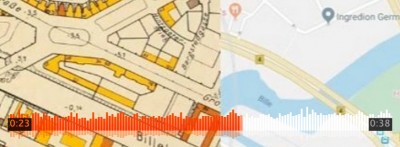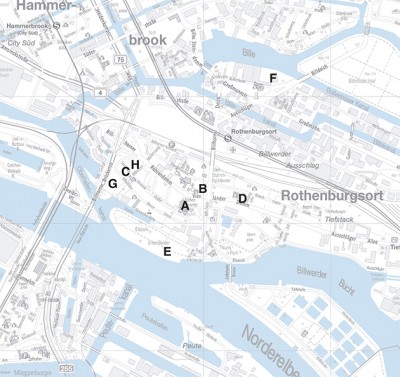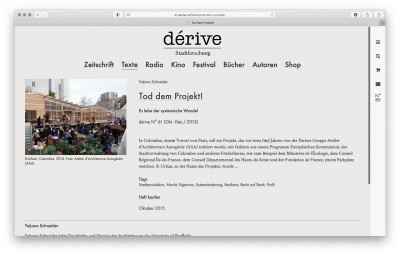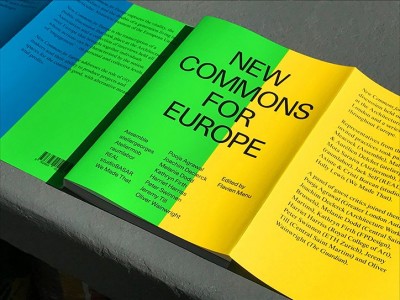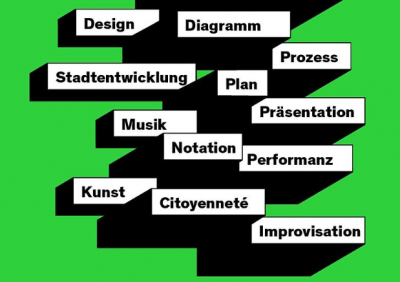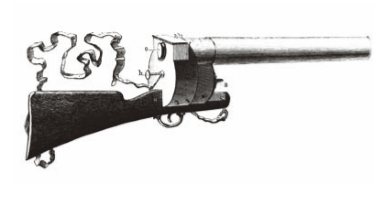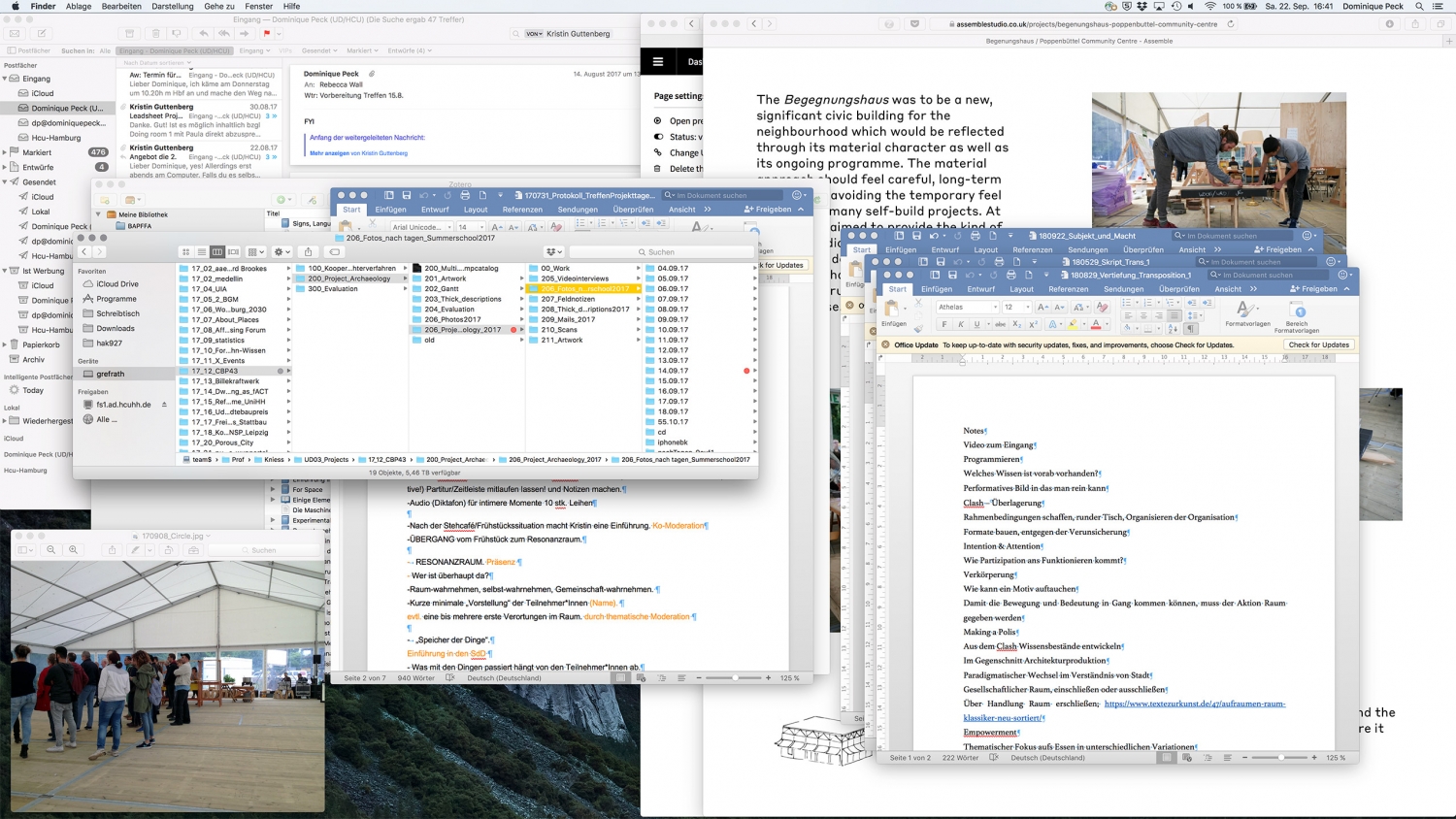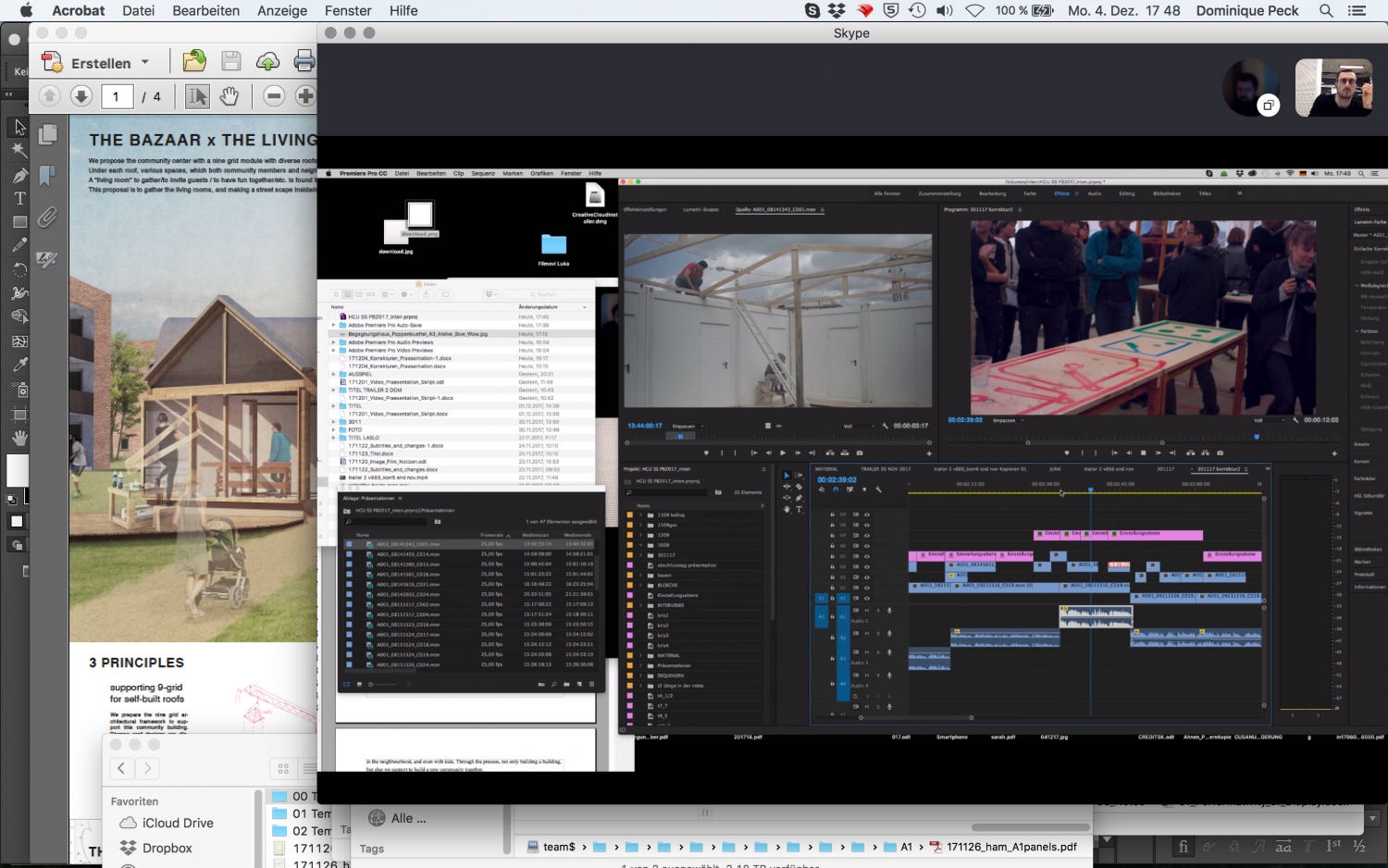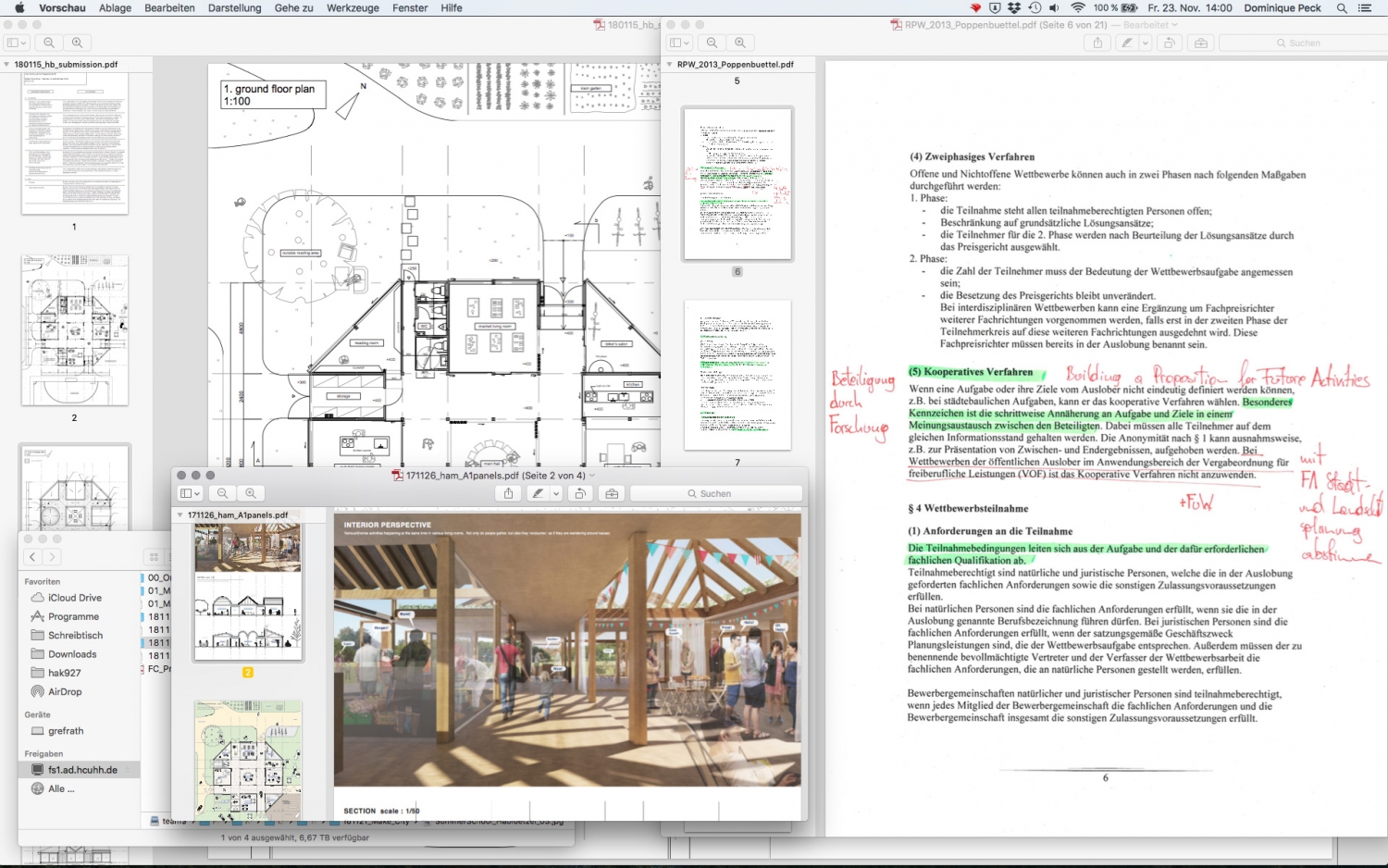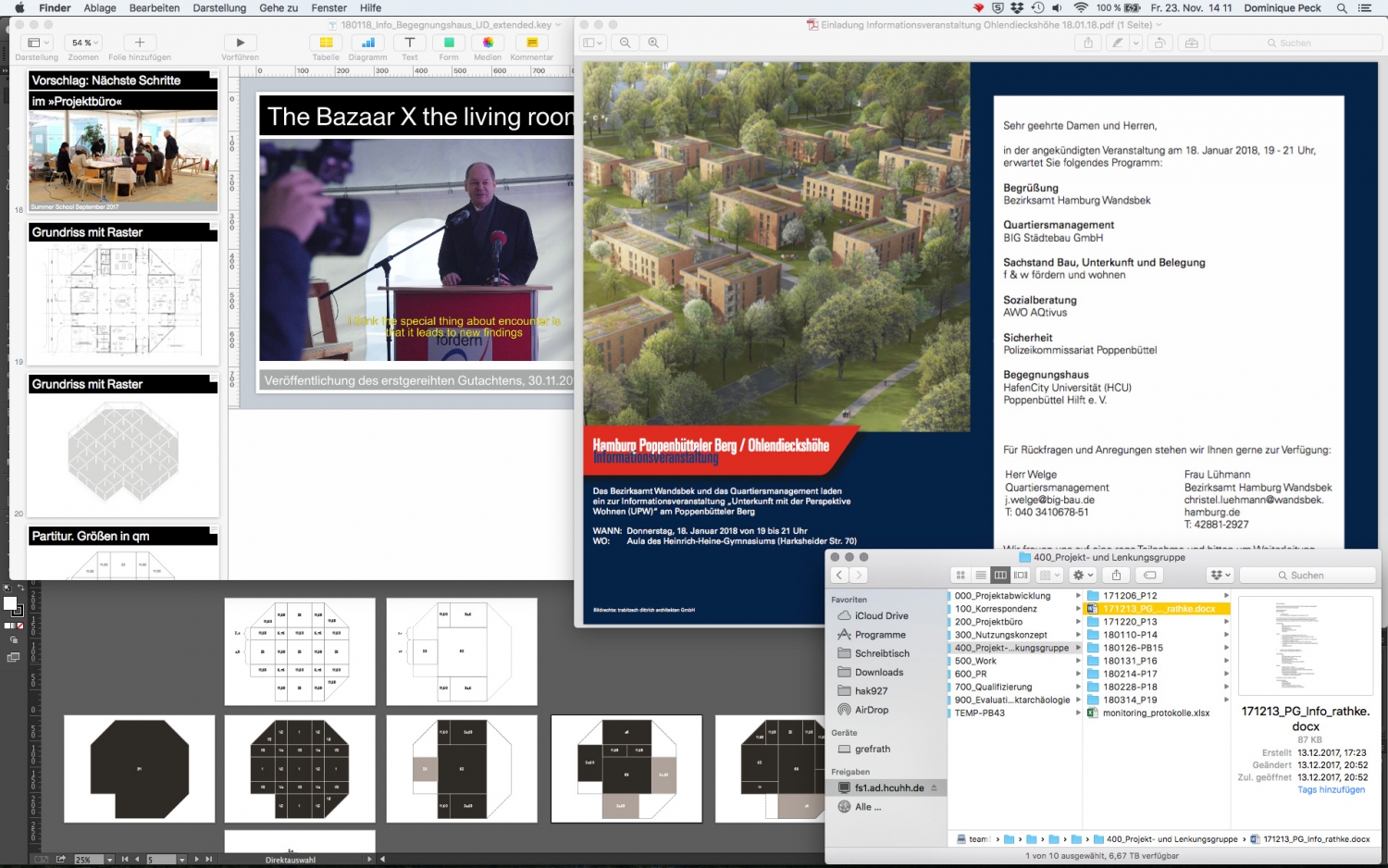With the knowledge we have gathered from Hannah Arendt, it is in a way unnecessary to ask the following question: When does someone participate in something? Participation is an integral part of being. Arendt was not the only one who pointed out that there is no way to be without participation, in the sense that being always means being in and part of something. However, Arendt chose a very simple and non-scholar language to convey this message. In Niklas Luhmann's language, the need never to participate in this trueism would sound as follows: One cannot observe what one is part of. Or as Wolfgang Welsch (2015) puts it:
“We are fundamentally world beings: related to the world and to the co-ordinated beings. In addition, we are - like all organisms - not just beings that occur in the world, but beings that stand and act in the midst of the processes of the world. Our relationship to the world is, in short, not that of a confrontation, but that of an inner being. (....) In this sense I mean that we are all not just incidents, but players and accomplices in the concert of reality” (182).
But does that mean not being able to never not participate? Probably yes. However, Arendt has pointed out that there is more to do. There is a more intense kind of inability to ever not participate that Arendt simply called being active. In a way, what Arendt understood to be active and an integral part of human interplay can be seen as an intervention act. Intervention here is understood as an inscription of a person in an event or as a goal and result of participatory observation. With regard to artistic or performative acts of intervention, an action of participative observation aims to intensify the inevitable involvement of the individual in reality:
“This seems to me, as I said, the only possible case to his of how art can actually be involved in reality. She cannot do it by creating pieces in reality (works), she can only do it by entering into processes of reality and, as it were, rising up or falling down in it. (…). Consequently, nothing that it is is simply out of itself, but becomes the product of processes that constitute it and also dissolve it again” (Welsch 2015, 198).
